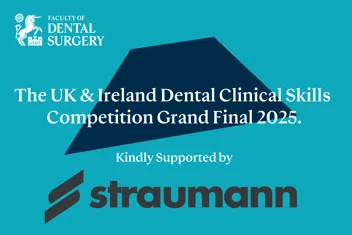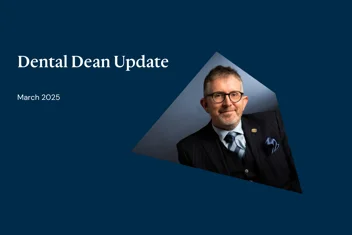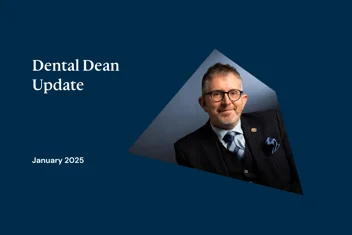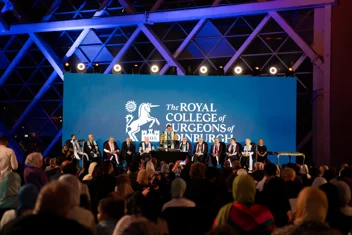Featured RCSEd Blog
Blogs Library
The RCSEd UK & Ireland Dental Clinical Skills Competition Grand Final 2024/2025 – Winners Announced!
The RCSEd UK & Ireland Dental Clinical Skills Competition Grand Final took place on Saturday 29th March, and what a close call! For the first time ever we had a tie, with second and third places battled it out in a round of questions to confirm the top three.

2024/25 RCSEd and Medtronic Surgical Skills Competition Final
The Royal College of Surgeons of Edinburgh, in partnership with Medtronic, proudly hosted the highly anticipated 2024/2025 Student Surgical Skills Competition Grand Final on Saturday 15 March, at the RCSEd campus. This prestigious competition saw over 1,300 students from medical schools across the UK compete for a coveted spot in the final.
Surgical

The RCSEd UK & Ireland Dental Clinical Skills Competition Grand Final
The RCSEd UK & Ireland Dental Clinical Skills Competition Grand Final is back and taking place on Saturday 29 March 2025 at the College campus. This year, The Straumann Group will kindly be supporting the competition, ensuring that the 16 final year dental students experience some of the best in dental technology and equipment.
Dental

Dental Dean Update - The Truth About Tooth Tourism
Dentistry has moved on considerably and with international travel being relatively straightforward, patients are prepared to travel and self-refer to dental clinics providing both straightforward and technically complex dental treatment at relatively cost-effective costs.
Dental












